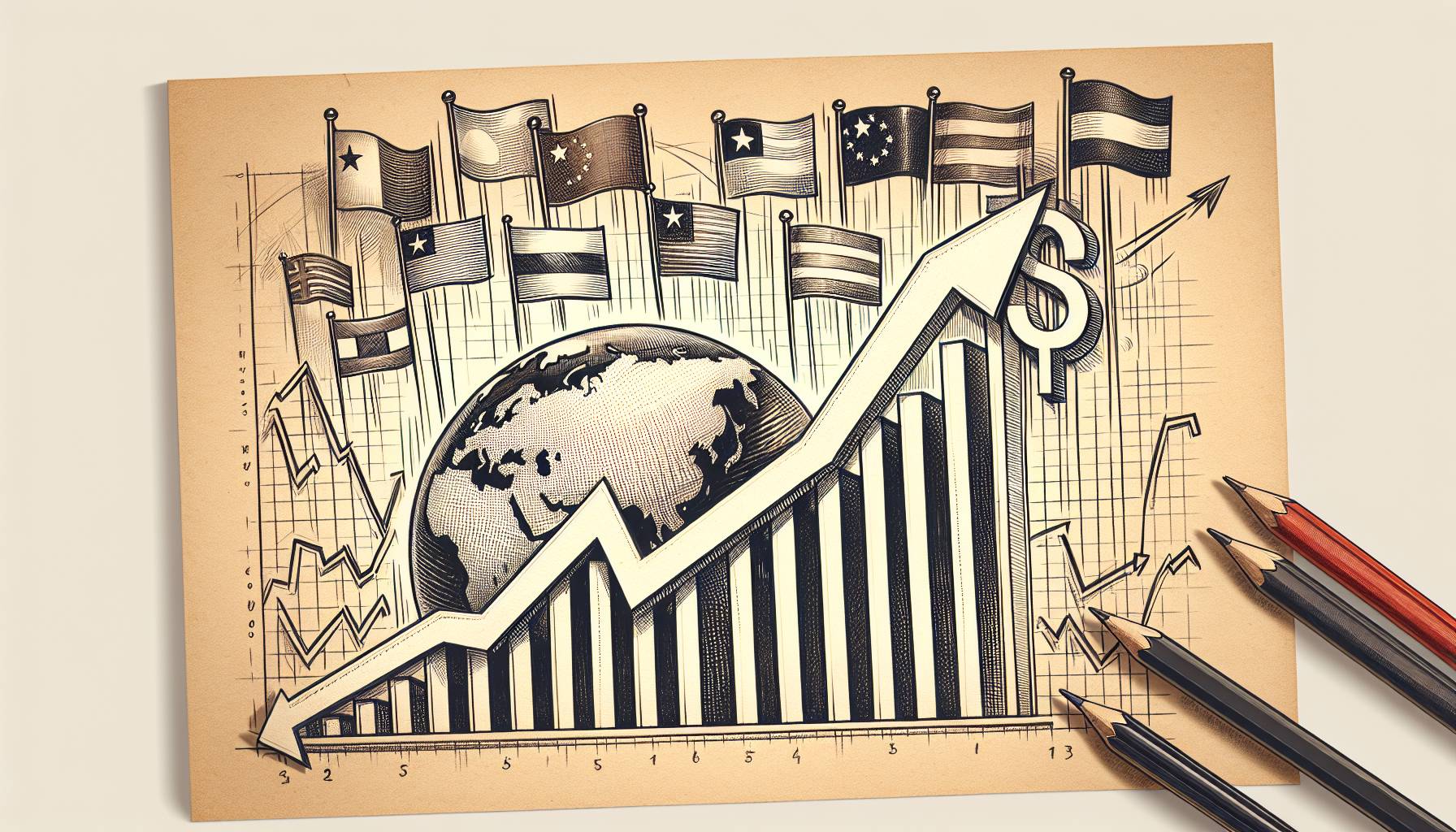China’s economic recovery has piqued international markets’ interest due to a reported increase in Chinese export and import activities for April, suggesting that government stimulus measures might be effective.
Underlined by the rapid growth of their tech industry, increased demand for medical devices, mobile apps, and online services during the pandemic hint at the apparent effectiveness of the stimulus.
However, the sustainability of China’s economic recovery is uncertain due to potential COVID-19 resurgence, geopolitical tensions, and unstable global commodity prices.
Intriguing international observers, China introduced new sustainability standards and green policies, potentially bolstering sectors like renewable energy and electric vehicles but posing challenges for traditional industries.
While China’s domestic economy shows slight improvement, the global economic downturn and ongoing trade tensions pose significant threats to its export-dependant economy.
The Chinese government has responded by promising policies to open the economy to private sectors, signaling willingness to engage in global market competition.
With these changes, it is expected that China’s influence on the world economy will increase, and all eyes will be on China’s economic performance.
Unexpectedly high growth has been noted in China’s imports and exports, promoting optimism about the potential for global economic recovery.
Analyzing China’s economic recovery influence
This growth has led to increased oil prices due to boosted global demand, impacting investor sentiment within the commodities sector.
Meanwhile, the United States has surpassed China as Germany’s primary trading partner for Q1 2024, reflecting the strengthening economic ties between Germany and the U.S and the ongoing shift in international trade dynamics.
Despite tensions in the tech sector between the U.S. and China and fear of destabilized supply chains, the solution may involve enhancing domestic production capabilities and diversifying supply chains.
Meanwhile, the unpredictability in the tech sector has caused Intel and Arm Holdings shares to fall due to potential sales impact. However, pharmaceutical giants like Pfizer have seen a sharp rise in share prices.
In the retail sector, the shift in consumer habits towards online shopping has been beneficial for companies like Amazon but detrimental for traditional retailers.
On the financial front, speculation over the Bank of England’s policy decision has triggered volatility in the value of the pound sterling.
Uncertainty and speculation on future economic policies continue to fuel investors’ anticipation for key reports like Bank of England’s policy decision, weekly U.S unemployment claims, Mexico’s April inflation figures, and income figures from Warner Bros Discovery, Tapestry, and Constellation Energy.













